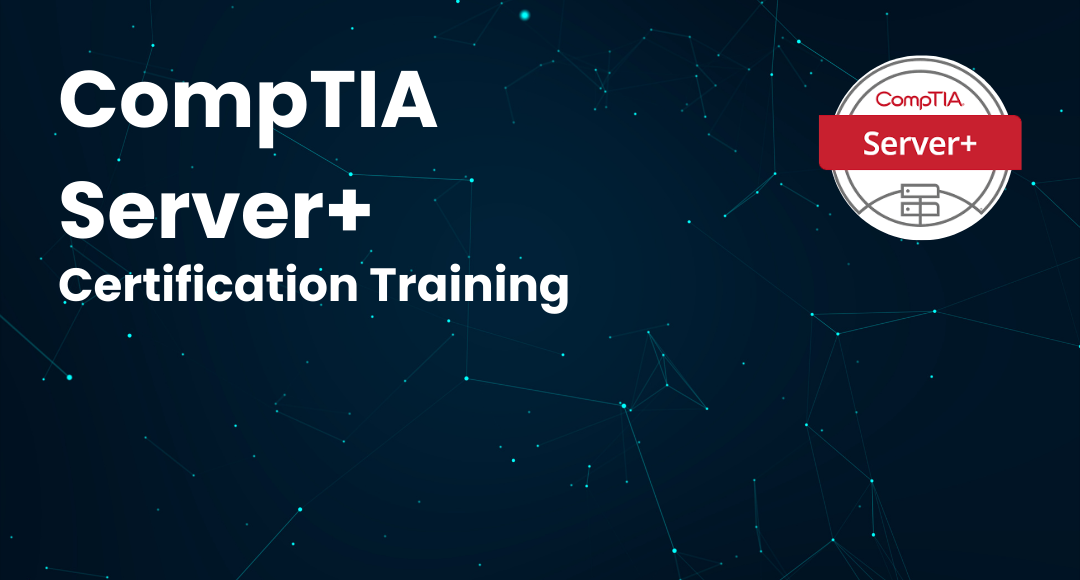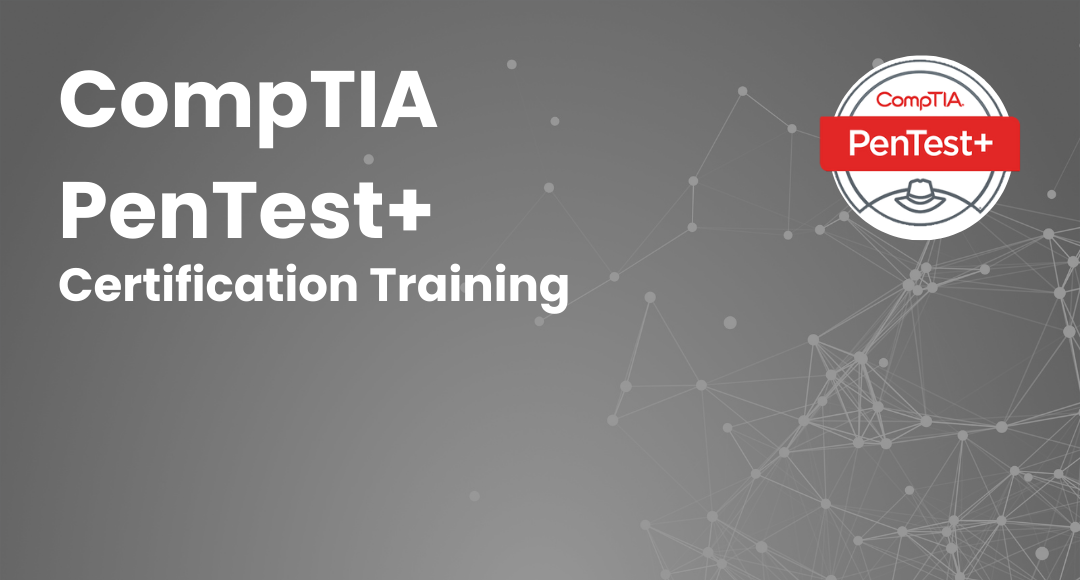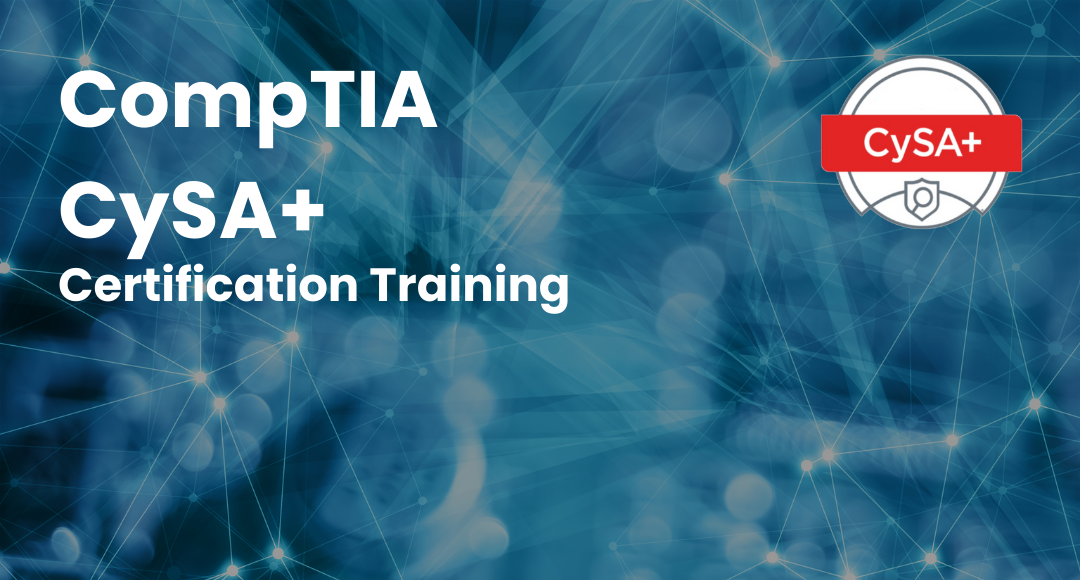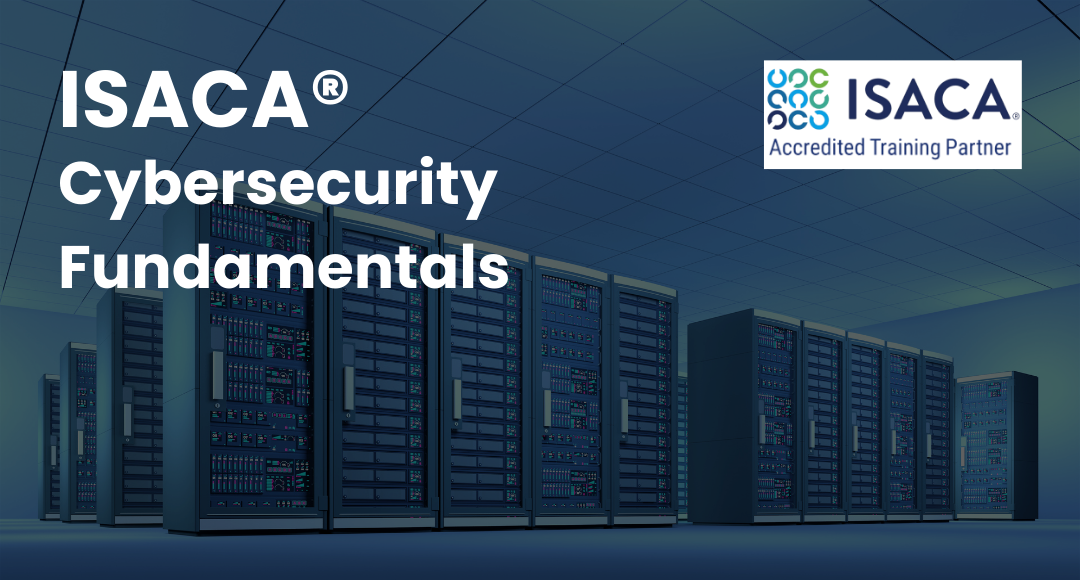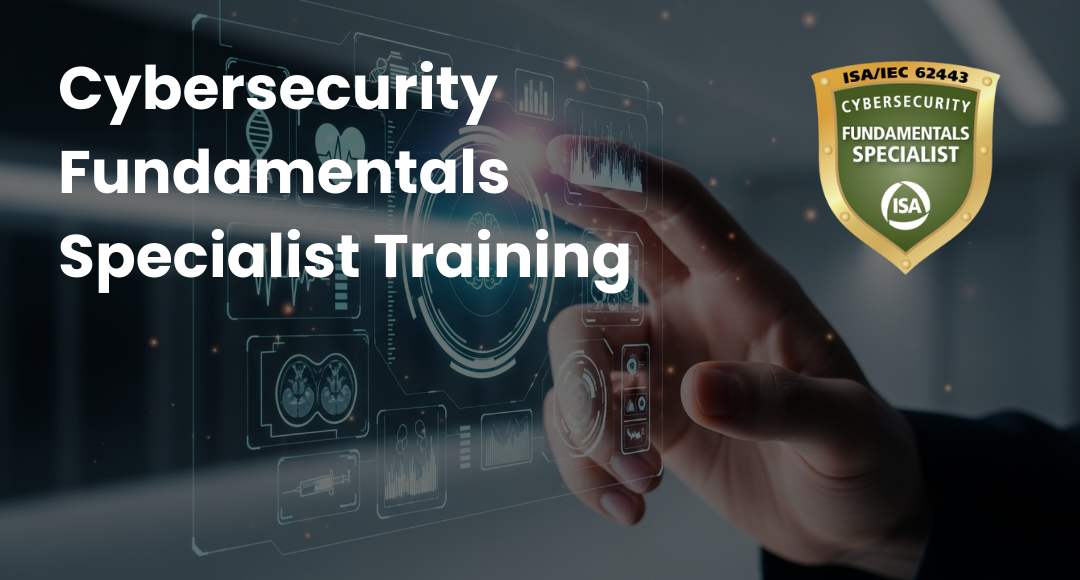Cybersecurity Roles - Top Roles and Skills to Consider in 2026
-
 By Nchumbeni Yanthan
By Nchumbeni Yanthan - Published on Mar 6 2023

Table of Contents
Introduction
Cybersecurity Roles – Types of Job Roles, Salary, and Certification
The future of cybersecurity is way vast and fruitful, now that the world swirls on digital dependency. Expected and unwanted rise of digital security risks with your business, it will become even more evident to have cybersecurity professionals and digital security practices by your side.
Many job roles come in the field of cybersecurity career paths, it becomes even tougher each year to hire cybersecurity expertise with uncountable job vacancies globally.
With the powerful impact of AI and cyber threats rising, corporations and organizations have leveled up standards for professionals who know the effective ways to tackle digital security risks.
Which cybersecurity role would fit you the best? Find out below the eight most sought-after cybersecurity job roles in a wealth of career opportunities.
6 Best Cybersecurity Roles in 2026
Here is the list of the popular 7 top roles within cybersecurity that is ideal in 2026:

1) Chief Information Security Officer (CISO)
A Chief Information Security Officer (CISO) is the highest attainable role. They must manage the cybersecurity needs to secure the data and systems of an organization with the team, technologies, executives, IT staff, stakeholders, and initiatives.
Typically, they have wide knowledge and aspects of cybersecurity and are decisive in making policies, and protocols, hiring solid security staff, and tactics to safeguard businesses from current and future cyberattacks.
The CISO plays as an internal and external security expert, and trusted business advisor embeds security information, and follows the three C’s of cyber, compliance, disaster recovery and business continuity, documentation, and others.
Required Qualifications
Candidates must have a bachelor's degree in computer science or a related field, with at least 7-12 years of job experience to apply for CISO roles.
Salary
According to Glassdoor, the average base salary for a Chief Information Security Officer is $1,88,143 per year.
2) Network Security Manager
A Network Security Manager is a mid-level to senior-level position, which services technical leadership and manages overall security architecture with security plans, evaluates and test vendor tools checks compliance, and carries out the activities to manage the security of a computer network. They are responsible for defending the company’s data and networks against security threats or other cyberattacks.
This role must be ready to react to possible data breaches, protect IT infrastructure, seek security strategies, build strong security concepts related to routing, evaluate and monitor communication networks, control software updates, cope with user access, and others.
Required Qualifications
An undergraduate degree in computer science or a related field. A cybersecurity certification (CISSP, ITIL, CISM, CEH, IAM, V3, CSNM, SSL, CCNP, PMP) with at least years of 5-10 years of cybersecurity experience.
Salary
According to Glassdoor, the average base salary for a Network Security Manager is $1,05,643 per year.
3) Data Security Analyst
As a data security analyst, you will be involved in ensuring that a company’s data and databases are breach-free and assured. They work hand in hand with the team and with the Network Security Manager to find data security solutions.
Further, they research and assess past threats and mitigations, and security incidents, observe access control systems, control user authentication processes, implement policies and procedures, and apply ethical practices for manipulating data and managing sensitive information.
It also involves penetration and vulnerability testing, recommending a product, recommending changes in process and tool, identifying and correcting various anomalies and flaws in systems, programs, networks, applications, and designing encryption solutions, and more to combat the security threats in an organization.
Required Qualifications
Candidates must have a bachelor's degree in computer science or a technology-related field along with related job experience.
Salary
According to Glassdoor, the average base salary for a data security analyst is $74,525 per year.
4) Penetration Tester and Ethical Hacker
A crucial role of midlevel to senior-level positions where the tasks should be conducted by expert professionals. Penetration Tester (or Ethical Hacker) provides inputs to in-depth knowledge of network security, and vendors assess physical security, and security assessment reports and reach out to clients to talk through the current security system. They are responsible for conducting and taking trials to break into a company’s system, run security audits, and tests on apps and networks, identify key vulnerabilities, and analyze security policies to check their level of cyber defense.
Pen testers must keep up with the current and trending changing technologies, and run research on the company network, structure, system, and penetration sites.
Required Qualifications
An undergraduate degree in computer science, systems engineering, networking, or a related field, and additional certification with at least 2-4 years of job experience in information security.
Salary
According to Glassdoor, the average base salary for a Penetration Tester is $1,02,999 per year.
5) Cybersecurity Engineer or Architect
Cybersecurity Engineer (or Cybersecurity Architect) is a holistic job in information security at present. As a Cybersecurity Engineer, you will need to design, execute, manage, maintain, observe, and improve the security measures to safeguard data, systems, and networks of an organization's cybersecurity procedure.
The job demands carrying out research and evaluating new cyber invasions and attacks, having good knowledge and practice in IT security and infrastructure, cybersecurity, configuring firewalls, computer engineering, data forensics, security testing, and auditing, detection of intrusion.
Their goal is to drive business solutions with the possible effective security tools and govern approachable responses that meet the company's needs with regulatory prerequisites like GDPR.
Required Qualifications
Candidates must have a bachelor's degree in computer science, IT, systems engineering, or a similar field, with at least 2 years of job experience in cybersecurity-related duties. It is recommended to have a certification in CISSP, CISM, and CISA to back up your resume and skills.
Salary
According to Glassdoor, the average base salary for a Cybersecurity Engineer is $1,08,915 per year.
Recommended reads: List of Best Cybersecurity Certifications
Cybersecurity professionals have closely similar skill sets to the other roles, but the responsibilities vary from a cybersecurity analyst to a network engineer.

6) Network Engineer
A Network Engineer (or Network Administrator) designs, builds, optimizes, and maintains the network infrastructure. They try to implement network solutions, troubleshoot issues, configure security systems, and be well-versed in network protocols, structure networks for company needs, troubleshoot, problem-solving, and communication skills.
Given that, their duties involve formulating security processes and protocols, identifying and maintaining security approaches like VPNs, firewalls, and threat prevention software, backups of data, expanding and applying new security mechanisms, and evaluating vulnerabilities in the IT landscape.
Required Qualifications
A bachelor's degree in information technology with a networking engineering or related field, with at least a few years of job experience. Candidates can obtain necessary certifications of CompTIA A+, CompTIA Network+, or CompTIA Security+ for career advancement.
Salary
According to Glassdoor, the average base salary for a network engineer is $90,731 per year.
Bottom Line
The cybersecurity roles handle complicated, responsive, and detail-sensitive data for personal use or professional business. As the world keeps competing and advancing from day to day, individuals and companies fall victim to malicious cybercrimes, data breaches, identity theft, and so on.
There will be a need for expanding cybersecurity roles each time-sensitive data is generated. Usually, these cybersecurity professionals drive a critical role in securing business in almost every company or for digital security.
You can also find the best career with more cybersecurity courses in detail. Enroll in the Sprintzeals certification program to begin developing skills that align with your career and get certified. For any course-related query, chat with our course expert or connect with us at Click Here.
Frequently Asked Questions
What are the roles in cyber security?
The role of cybersecurity demands technical ability, identifying risks and vulnerabilities, user account administration, maintaining systems, monitoring firewalls, routers, switches, infrastructure, edge devices, networks, data, network monitoring tools, and more.
What are the 8 personality traits to succeed in cybersecurity?
A cybersecurity professional must have the personality traits of,
Altruistic
Approachable
Collected
Cynical
Diligent
Inquisitive
Modest
Passionate
Scientific
What are the 7 types of cyber security?
The seven different cyber security types are as:
- Application Security
- Cloud Security
- Endpoint Security
- Mobile Security
- Network Security.
- IoT Security
- Zero Trust
What are 10 good cybersecurity practices?
Below are the common 10 cybersecurity practices that take into the picture;
Up-to-date software and hardware
Enable 2-factor authentication
Check suspicious links and emails before visiting
Utilize HTTPs on your website
Check for HTTPS on websites
Strong passwords
Refrain from public networks
Use a VPN
Hire with a "white hat" hacker
Invest in security upgrades
Subscribe to our Newsletters
Popular Programs
CISSP® - Certified Information System Security Professional
Live Virtual Training
- 4.2 (964 + Ratings)
- 7k + Learners
CISA® - Certified Information System Auditor
Live Virtual Training
- 4.7 (426 + Ratings)
- 35k + Learners
CISM® - Certified Information Security Manager
Live Virtual Training
- 4.6 (200 + Ratings)
- 27k + Learners
CCSP® - Certified Cloud Security Professional
Live Virtual Training
- 4.6 (964 + Ratings)
- 30k + Learners
Trending Posts
What is Cybercrime? Exploring Types, Examples, and Prevention
Last updated on Jul 24 2023
List Of Top Cybersecurity Threats In 2026
Last updated on Aug 10 2023
How Does Slack Respond to Security Challenges?
Last updated on Dec 20 2024
How JPMorgan Chase Strengthened Security After Facing Cyber Threats
Last updated on Jan 24 2025
10 Biggest Data Breaches of the 21st Century
Last updated on Dec 18 2024
Top 20 Cybersecurity Trends to Watch Out for in 2026
Last updated on Aug 18 2023
Categories
- Other 69
- Agile Management 45
- Cloud Computing 56
- Project Management 171
- Big Data 66
- Business Management 88
- Digital Marketing 78
- IT Service Management 29
- Programming Language 58
- AI and Machine Learning 74
- IT Security 111
- Quality Management 78
- IT Hardware and Networking 25
- Microsoft Program 4
- Workplace Skill Building 13
- Risk Management 9
- Information Security 8
- Leadership and Management 7
- Corporate Training and Development 1
Trending Now
Top 5 Compelling Reasons To Get A Cyber Security Certification
ebookHow to Become IT Security Expert with CISSP Certification
ebookTop 20 Reasons You Should Get a CISSP Certification
ebookWhat is CISSP? – Everything about CISSP Certification Explained
ebookPass CISSP Exam - How to Clear CISSP Exam in First Attempt 2026 (UPDATED)
ebookCISSP Certification – Top 25 Career Benefits in 2026
ebookCybersecurity – Everything You Need to Know About it
ebookUpdated Google Certification Training Course list 2026
ArticleWhich Certification is best for Cybersecurity?
ebookWhich Cybersecurity Certification Should I Get First?
ebookCysa+ certification – Should you get it?
ebookList of Top Security Certifications
ArticleEasiest Security Certification to Get
ebookCISM certification cost and career benefits
ebookCybersecurity Fundamentals Explained
ebookISACA Certifications List 2026
ebookCareer Benefits of CISM Certification in 2026
ArticleList of Top Information Security Certifications in 2026
ebookCISM certification cost details
ArticleMitigate the Cyber-Attack Risks with Best Cyber Security Protocols
ebookCybersecurity Interview Questions and Answers 2026
ebookTop Cybersecurity Software Tools In 2026
ebookInformation Security Analyst - Career, Job Role, and Top Certifications
ebookCyber Security Analyst - How to Become, Job Demand and Top Certifications
ebookWhat is Data Security - Types, Strategy, Compliance and Regulations
ebookData loss Prevention in Cyber Security Explained
ebookCybersecurity Controls Explained in Detail
ebookCybersecurity Framework - A Complete Guide
ebookWhat is Cryptography - A Comprehensive Guide
ebookData Leak - What is it, Prevention and Solutions
ebookCybersecurity Career Paths Guide
ebookFuture of Cybersecurity - Trends and Scope
ebookCyber Security Careers and Outlook - 2026 Guide
ebook5 Cybersecurity Predictions in 2026 - Trends and Challenges
ebookScope for Cybersecurity in 2026 - Latest Update
ebookEthical Hacking Career: A Career Guide for Ethical Hacker
ebookApplication Security: All You Need To Know
ebookHow to Get Cyber Essentials Certified
ebookTop 10 Cyber Security Threats and How to Prevent Them
ebookTop 10 Network Scanning Tools of 2026
ebookCyber Incident Response Plan: A Comprehensive Guide
ebookInformation Assurance Careers - Exploring Career Paths
ebookWhat is the Department of Defense (DoD) Directive 8140
ebookCybersecurity Mesh Architecture: What It Is and How to Build It
ebookWhat is Threat Modeling? Methodologies, Types, and Steps
ebookWhat is Digital Forensics? Types, Process & Challenges
ebookInformation Assurance Model in Cybersecurity
ebookHow to Become an Information Security Analyst Salary, Skills, and More
ArticleList of Top Department of Defense (DoD) Approved 8570 Certification Courses
ebookTop 5 Ransomware Attacks to Watch Out for in 2026
ebookJob Prospects for DoD Certified Professionals: A Pathway to Success in cybersecurity
ebook10 Biggest Data Breaches of the 21st Century
ebookWhat is a Cybersecurity Incident?-Types, Impact, Response Process and More
ebookCyber Security Planning - A Detailed Guide for Risk Mitigation
ebookWhat is Cybercrime? Exploring Types, Examples, and Prevention
ebookRecent Cyber Attacks & Data Breaches in 2026
ebookCybersecurity Strategy: Building a Strong Defense for Business
ebookCybercrime Impacts On Business: 6 Major Effects
ebook5 Types of Cyber Attacks You Should Be Aware of in 2026
ebookCloud Cyber Attacks: Causes, Types, Prevention and Protection
ebookCloud Malware: Types of Attacks and Security Measure
ebookCyber Attack Statistics and Trends to Know in 2026
ebookList Of Top Cybersecurity Threats In 2026
ebookSafeguarding Digital Domain: 10 Most Common Cybercrimes
ebookDemystifying Cloud-Based Cyber Attacks: A Comprehensive Guide
ebookPrevent Cyber Attacks: Strategies to Protect Your Digital Assets
ebookList of Top 10 Cybersecurity Careers in 2026
ebookTop 20 Cybersecurity Trends to Watch Out for in 2026
ArticleHow to Become Cybersecurity Engineer
ArticleUnderstanding Risk assessment in audit planning
ArticleFundamentals of Risk-Based Auditing: A Strategic Framework
ArticleRisk-based Audit Planning Guide for Beginners
ebookTop 8 Types of Cybersecurity Jobs and Salary Insights
ArticleA Comprehensive Guide to Building Risk-Based Internal Audit Plan
ArticleRisk-Based Internal Auditing Approaches: 7 Steps to Explore
ArticleCompTIA Security+ 601 vs. 701: Understanding Key Differences
ArticleWhy and How to Perform a Risk-Based Internal Audit
ArticleRisk-Based Auditing Techniques Explained
ebookEvolving Cyber Threats and Vulnerabilities in Cybersecurity Risk Management
ArticleWhat Is Secure Access Service Edge (SASE)?
ArticleHow to Stay Cyber-Secure in Work and Personal Life (Tips and Practices)
ArticleIBM Data Breach: Is IBM Really Breach-Proof?
ArticleTarget Cyber Attack: Key Lessons from the 2013 Data Breach
ArticleLinkedIn User Data Protection Explained
ArticleCanva Data Breach: Best Lessons for Users and Businesses
ArticleHow Did Capital One Respond to Their Major Cyber Incident?
ArticleWhat Innovative Measures Did Reddit Take to Protect User Data?
ArticleHow Does Slack Respond to Security Challenges?
ArticleTwitch Data Breach: Response, Changes, and Key Takeaways
ArticleGuess What Google Did When a Employee Breached Their Firmware
ArticleEthical Hacking Tools: Best Ones for Cybersecurity in 2026
ArticleWhat Happened When Cisco Faced a Cyber Incident?
ArticleWhat Sony Did to Rebuild Trust After a Major Cyberattack
ArticleHow to Handle a Data Breach? Learn from Microsoft!
ArticleCybersecurity Mesh: A New Approach for Security Design
ArticleHow Target Turned a Cyber Crisis into a Lesson for All
ArticleDropbox Data Breach: What Companies Can Learn from It
ArticleHow JPMorgan Chase Strengthened Security After Facing Cyber Threats
ArticleThe Future of Online Security: Trends to Watch in 2026
ArticleLatest Trends in CyberSecurity
ArticleTop 12 Cyber Security Apprenticeships with High Earning Potential in 2026
ArticleEnhancing Safety and Competence in Today's Workplace
ArticlePrivacy at Your Fingertips: How iPhone Users Can Use Tools Securely
ArticleAge Matters: Understanding the Generational Gap in Online Safety Education
ArticleCybersecurity 101: Why Cybersecurity is the Hottest Career Right Now
ArticleWhy Cybersecurity Training Should Be Part of Every Professional's Career Plan
ArticleHow to Protect Your Data When Traveling to Countries Like Malaysia?
ArticleTop Online Master's in Cybersecurity Programs for Working Professionals
ArticleHow AI Detectors Strengthen Cybersecurity in Modern Networks
ArticleHow to Become a Cybersecurity Engineer: Step-by-Step Career Guide
Article





